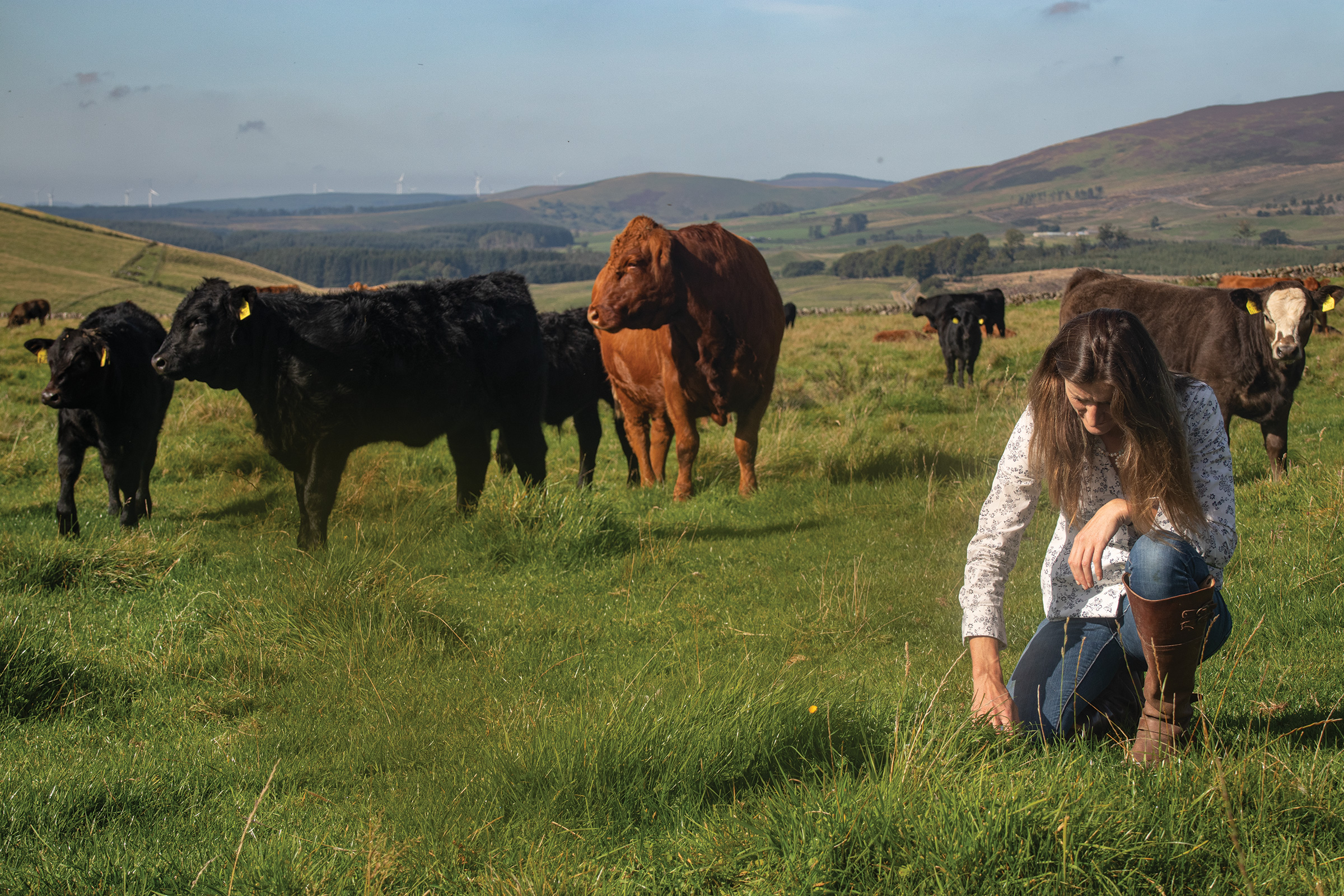A thought-provoking new exhibition from the Cateran Ecomuseum launches this week at Alyth Museum, which re-opens for the summer season on 9th May 2024.
‘Farming Fit for the Future’ explores farming and food production in the region and invites visitors to explore how agriculture is adapting to climate breakdown and biodiversity loss.
The new exhibition, which is free to visit, is part of the Ecomuseum’s wider Museum of Rapid Transition programme which aims to show how our heritage can inspire people to take action to help tackle the climate and biodiversity crises.
Building on the success of the first phase of the programme, this phase is looking at how people in this part of Scotland have managed landscapes in the past and how we can take better care of them in the future.
Clare Cooper is one of the co-founders and a co-director of the Cateran Ecomuseum.
She said: “Farming has created much of the Scottish landscape we see today. Most of our land – some 75 per cent – is used for agriculture. However, many past land management practices have not been environmentally sustainable. This exhibition showcases how some local farmers are taking action to address the key issues of climate change, biodiversity collapse and food security in different and innovative ways. We are delighted to be able to present their stories of change to a wider audience.”
As well as the new exhibition in Alyth Museum, the permanent displays have also been refreshed ahead of the summer season. The permanent gallery looks at how heritage can support climate action and invites visitors to explore the natural and cultural heritage of the wider Ecomuseum area through a series of interactive displays.
Mark Simmons, Senior Collections Officer with Culture Perth and Kinross added; “We are pleased to support the Cateran Ecomuseum Hub at Alyth Museum and it is great to see it develop. The new exhibition is an important showcase for the actions that local farmers are taking in response to climate change and biodiversity loss”.
As part of the Museum of Rapid Transition programme, which has been supported by the National Lottery Heritage Fund, the Cateran Ecomuseum is also hosting a three-day long programme of climate action-related cultural heritage activities in a ‘pop-up’ Iron Age village in Alyth’s Diamond Jubilee Park this summer. There are several important Iron Age (800 BC to AD 400) sites in the Ecomuseum, including a significant number of souterrains – stone-lined underground passages and chambers often associated with settlement – and one of the best-preserved examples of an enclosed hilltop settlement, Barry Hill Fort near Alyth.
Taking place from Friday, July 5 to Sunday, July 7, the programme will include sessions on Iron Age crafts as well as demonstrations of traditional skills. There will be guided walks, sessions on growing fruit and vegetables, updates on the work being done as part of the Ecomuseum’s River Detectives project, storytelling, traditional music and dance, and a market for artisan crafters and makers, all aimed at revealing how the story of our past can help guide the story of our future. This event is free and everyone is welcome to attend.
Further information will be available on www.cateranecomuseum.co.uk next month. The Cateran Ecomuseum Hub in Alyth Museum is open on Thursday and Fridays from 1pm-5pm, and on Saturdays and Sundays from 10am to 12pm and from 1pm to 5pm. Admission is free, donations are welcome.
